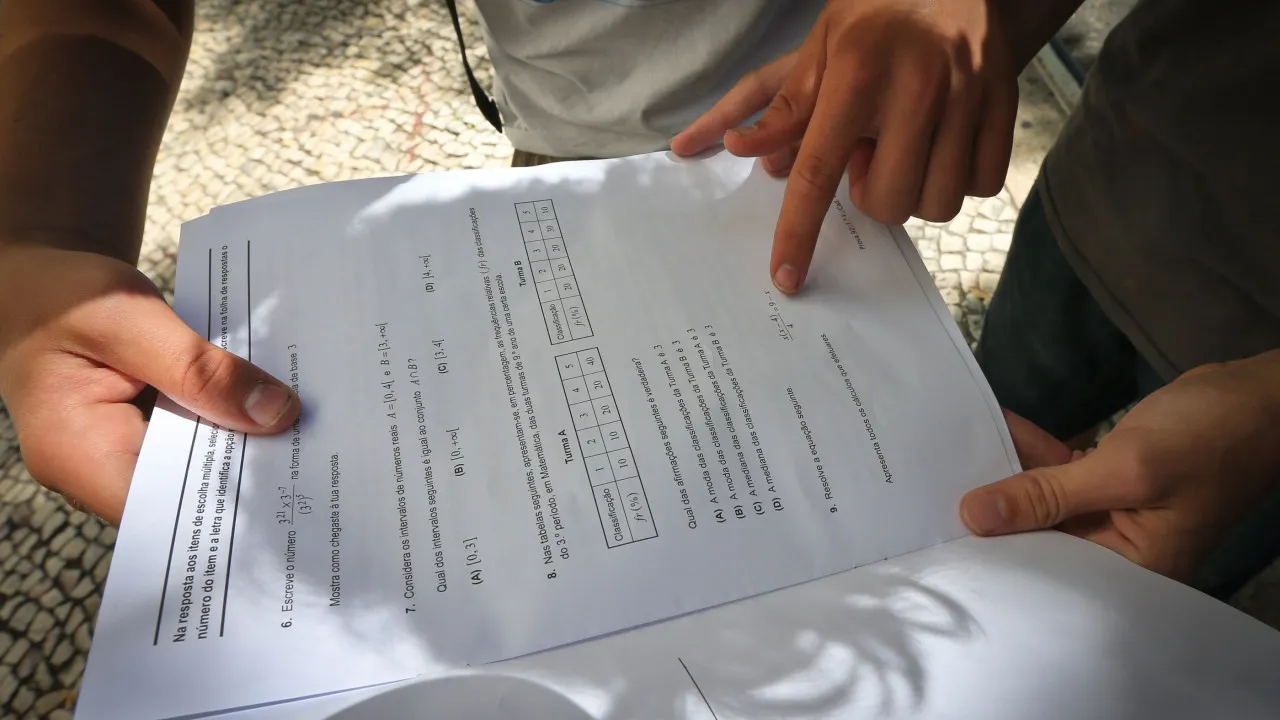
“This is a fundamental milestone in assessing learning throughout primary education, particularly noting that the students involved have only taken one assessment test in Mathematics seven years ago, when they were in the 2nd grade. However, this year’s edition brought considerable changes to the test, raising legitimate concerns regarding its suitability and impact on the educational system,” states the Portuguese Mathematical Society (SPM) in an opinion about the 9th-grade final Mathematics exam.
The Portuguese Mathematical Society identifies three main relevant aspects of this test: “the fact that it is not public, the choice of the digital format for its application, and the lack of prior debate on these two changes.”
Regarding the non-publication of the exam, justified by the Government based on the methodology of international PISA assessments, the SPM argues that the absence of public exams “prevents public scrutiny by teachers and experts, essential to ensure the pedagogical quality of the assessments.”
“Considering these are final exams in primary education, the absence of external validation mechanisms weakens the credibility of the assessment system and prevents independent verification of the quality and suitability of the items, the overall balance of the test, and the classification criteria used in creating these exams,” states the SPM, recalling that the country has “a history of various exams with insufficiencies” and a past of “grade inflation in final exams and assessments that were later contradicted by international evaluations.”
On the digital format, the SPM emphasizes that “digitalization raises concerns regarding content validity and the consequences of the assessment.”
“The tendency to create ‘more digitally friendly’ structures or items — favoring short-answer or multiple-choice questions over items that require detailed explanation, argumentation, or demonstration of mathematical reasoning — clearly limits the pedagogical scope of Mathematics exams, where mastering procedures and the correct sequence in carrying out steps is substantial. The absence of external scrutiny further exacerbates these risks, making it difficult to identify errors or biases in the evaluated items,” the opinion specifies.
In the statement, the Portuguese Mathematical Society also warns that “these problems, not adequately debated and studied, may reduce the formative and evaluative value of the exams and lead to a consequent decrease in students’ performance.”
Some school groups reported “technical issues” during the 9th-grade Mathematics exam on Friday, but the Ministry of Education, Science and Innovation assured that “no student will be disadvantaged in their evaluation.”




